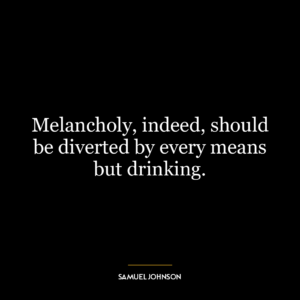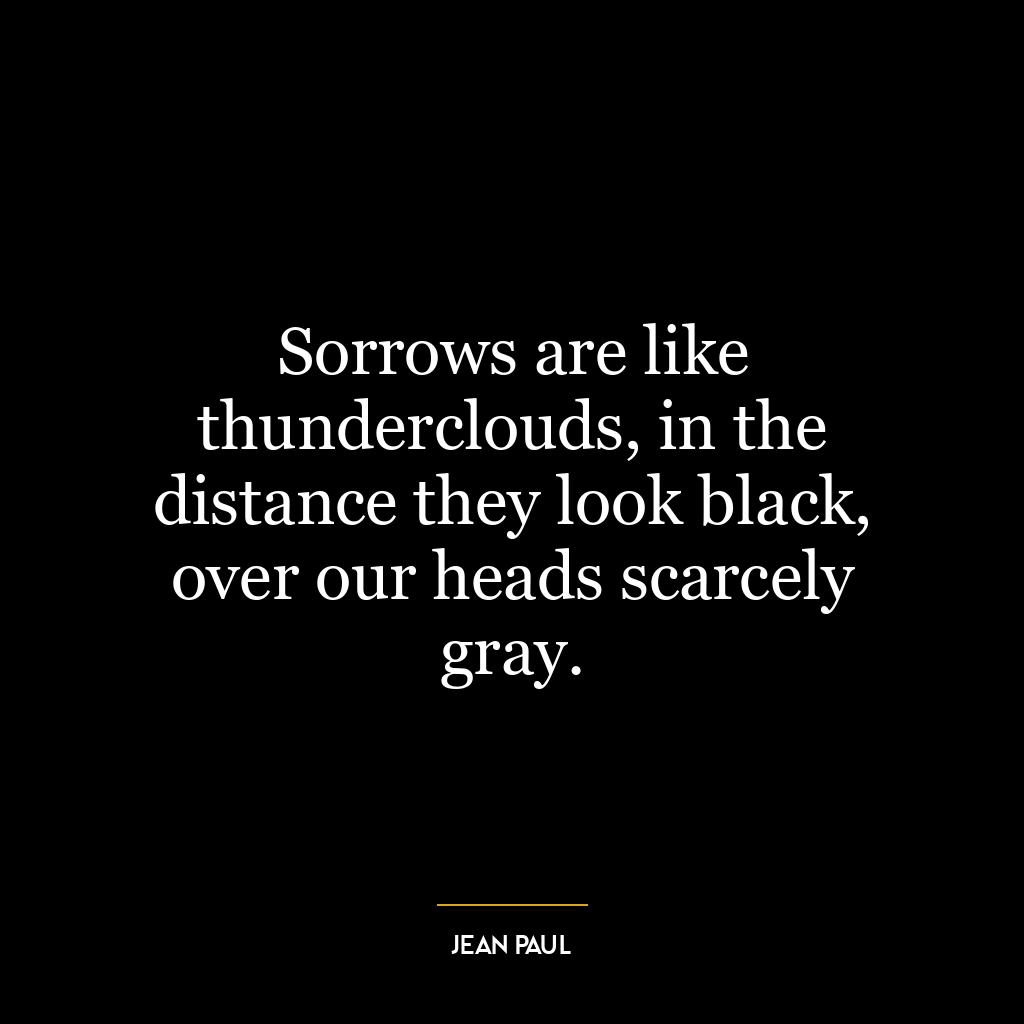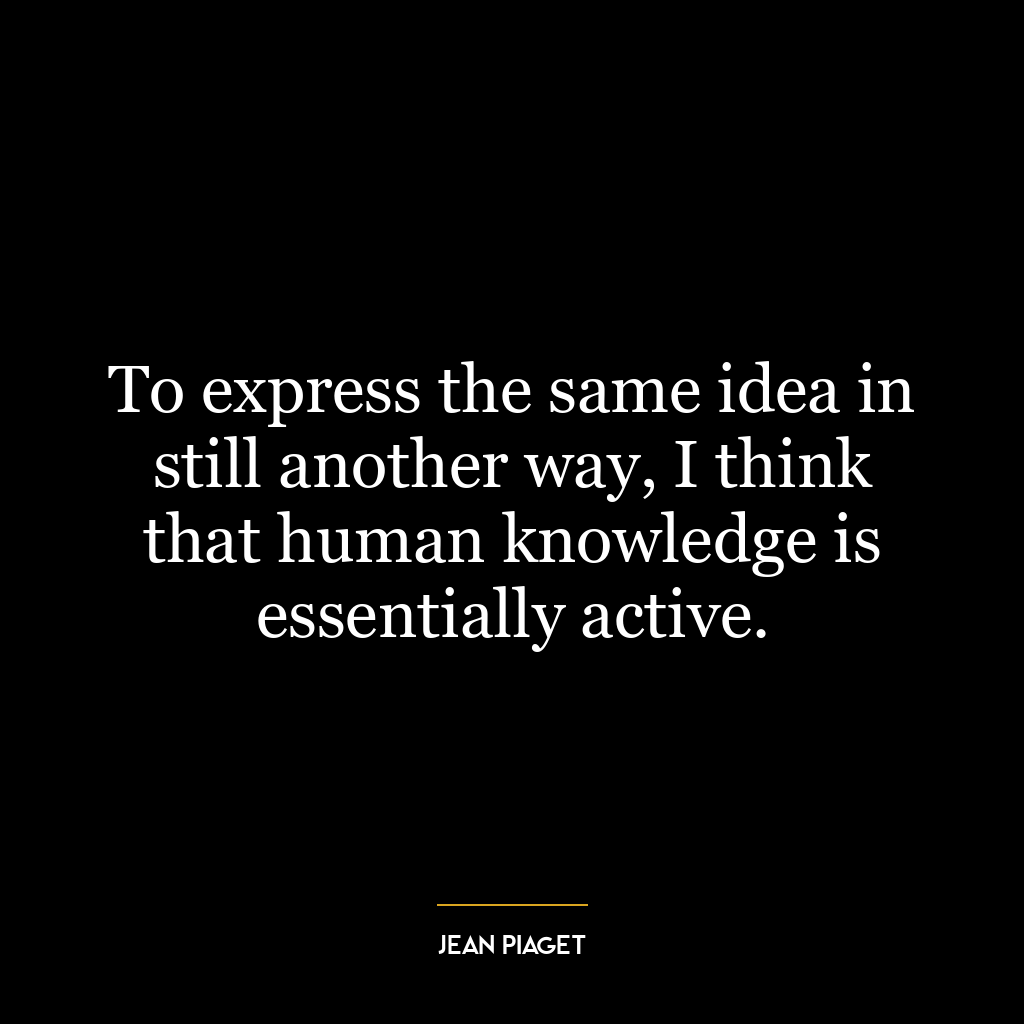This quote speaks to the concept that sorrow, or emotional pain, is akin to rust on a metal object: it’s a natural byproduct of exposure and time, but if left unattended it can degrade the quality of the soul. Just as rust can be scrubbed away with activity and effort, so too can sorrow be alleviated through action.
The second part of the quote suggests that being active – whether physically or mentally – has a cleansing effect on our soul. This could mean engaging in activities we love, pursuing new experiences or simply taking steps to move forward from what is causing us sorrow. By doing so, we not only remove the ‘rust’, but also brighten our soul; essentially rejuvenating ourselves and improving our overall well-being.
In today’s world where mental health issues are prevalent and often related to feelings of stagnation or lack of progress in life, this quote holds significant relevance. It suggests that one way to combat such feelings is through action – by actively participating in life rather than passively letting it happen around us.
From a personal development perspective, this idea encourages individuals not to wallow in their sorrows but instead seek out activities that promote growth and happiness. This might involve setting personal goals, learning new skills or seeking therapy if necessary. The key takeaway here is that activity – both physical and mental – plays an essential role in maintaining our emotional health just as much as it does our physical health.
It also underscores how resilience isn’t about avoiding hardship but rather about actively working through it. In fact, some might argue that periods of sorrow provide valuable opportunities for self-reflection which can ultimately lead to personal growth – once again highlighting how activity (in this case introspective thought) helps cleanse the soul.















